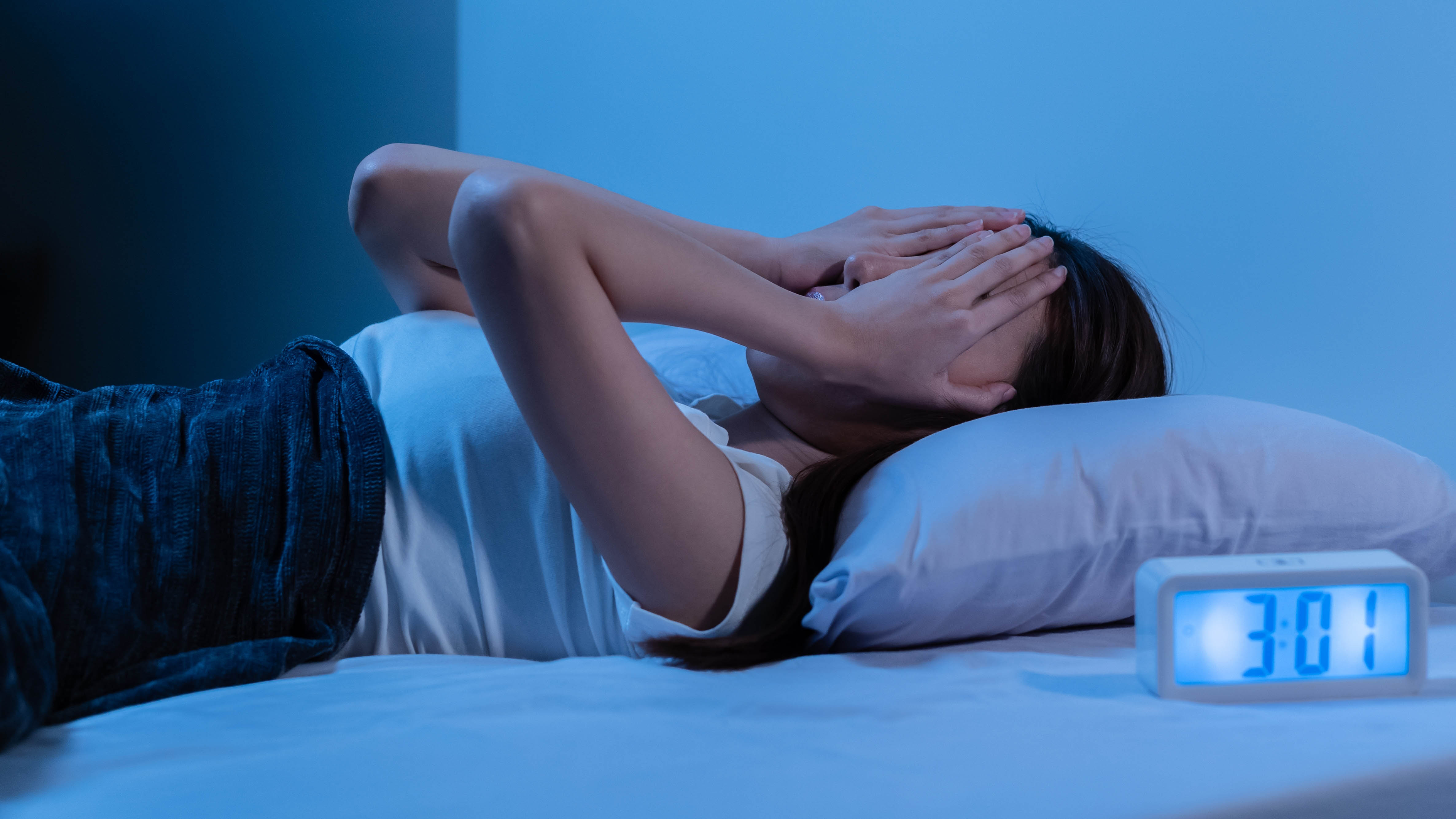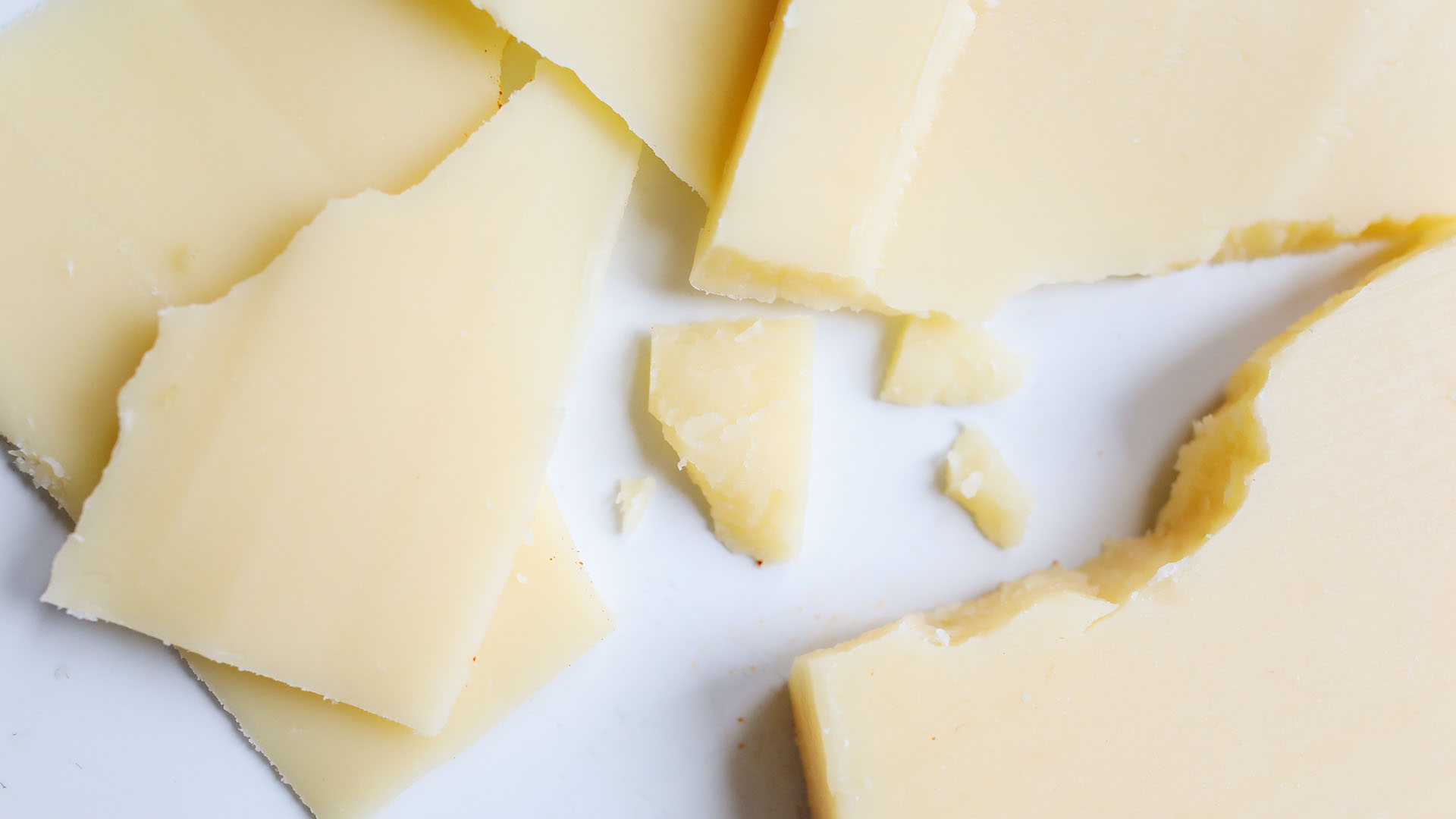
You’ve likely heard of the sleep myth that eating cheese before bed causes bad or vivid dreams.
It’s a common warning we hear from friends and family just as we’re tucking into a late night cheese board or retelling the contents of a nightmare we’ve woken from.
But can cheese really impact the way we dream? And if so, how? Eager to get to the bottom of this old wives’ tale, we asked psychologist and sleep scientist, Theresa Schnorbach to break it down for us.
We’ll also look at the evidence so far that explores the relationship between cheese and our sleep. So, will your nighttime snack disturb your dreams? Let’s find out.
Does cheese cause bad dreams?
Considering how many people believe that cheese influences our dreams, the lack of evidence is surprising.
"There remains a lack of robust evidence that cheese can cause vivid dreams and nightmares or influence sleep, but there is also no evidence to prove otherwise," says Schnorbach.
"Sleep, and dreaming in particular, are such personal experiences that can be impacted by a variety of external factors. It seems there is much more research still to be done in this area – but if that means more cheese for us, that's no bad thing!" she adds.
The one piece of research that people often cite is the now-defunct British Cheese Board study from 2005, which ran a 'Cheese & Dreams' study that asked 200 volunteers to eat 20g of cheese before bed, and make a record of how well they slept and what dreams they had.
However, no nightmares were recorded. While there seemed to be a correlation reported between the types of cheese and the kinds of dreams people experienced, the study was never published in a peer reviewed journal.
But hey, apparently over 65% of participants eating Red Leicester revisited their schooldays, and all of the female participants who ate British Brie had nice relaxing dreams.
So maybe there’s something to learn from the research that goes beyond mere coincidence.
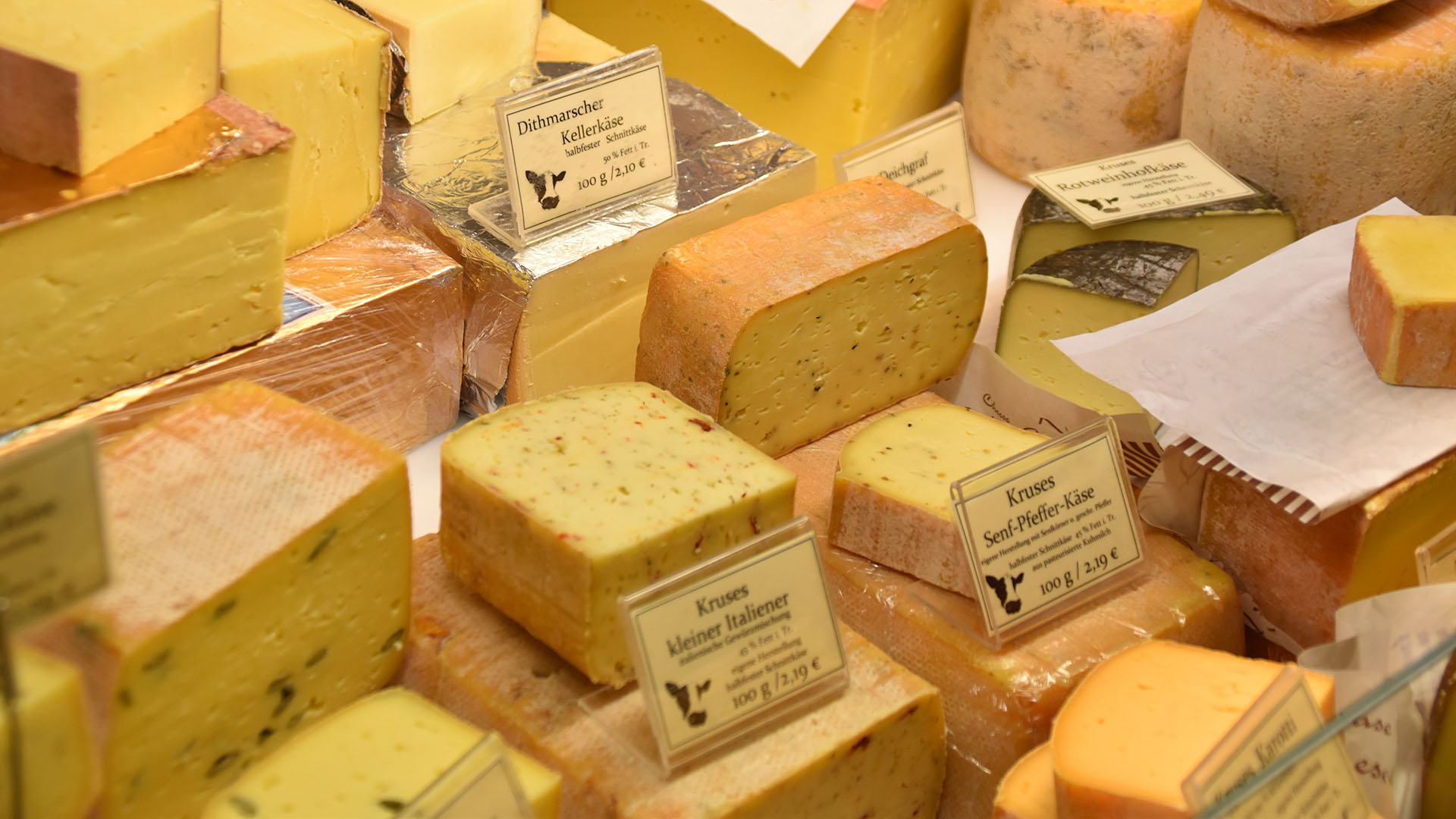
Anecdotally, there’s a clear correlation between cheese and dreams, and maybe that’s why the myth is so widespread.
For example, a 1964 article in the British Medical Journal reported that a man who was eating 30-60g of cheese a night was experiencing vivid nightmares. He cut out the cheese, and miraculously, the weird dreams stopped.
So, while hard evidence is lacking, it’s clear many people experience or believe there is a connection. But what could be causing this?
5 ways cheese could affect your dreams
Considering our dreams take place in REM sleep, we’re looking deeper at how cheese might disrupt this specific sleep stage, leading to unusual, vivid or bad dreams.
1. Disrupted by digestion
It’s generally recommended that you stop eating around 3 hours before bed. Following the 10, 3, 2, 1, 0 rule can be beneficial to avoiding any late night snacking.
This is because your brain and body will find it difficult to switch off if you’re still digesting and experiencing glucose spikes from this digestion.
Cheese, and lactose in general, can be more difficult to digest than other food groups.

Schnorbach says that if we’re digesting, "our body remains in the REM sleeping phases for longer than usual, preventing us from fully resting during the night and potentially increasing the possibility of experiencing dreams as a result."
While this would apply to most foods, cheese is often enjoyed at the end of a meal, later at night, which may be why it’s usually blamed as the main culprit for causing nightmares.
Digestion also increases our core body temperature. To fall asleep and stay asleep throughout the night, a drop in our core body temperature is needed.
Fluctuations in this can cause nighttime awakenings and disruptions to the sleep cycle, which can lead to nightmares, night terrors and vivid dreams.
2. Tryptophan
Cheese is a food that’s rich in tryptophan, "Tryptophan is a precursor to serotonin, which has been known to cause vivid dreaming when at higher levels in the body," explains Schnorbach.
However, rather than disrupting your sleep, Schnorbach tells us that it can actually improve your rest as tryptophan is also a precursor to melatonin.
"By helping your body to produce more melatonin, the tryptophan in cheese can help you better regulate your internal clock and doze off more easily," she adds.
The only way this could potentially lead to vivid dreams is because by falling asleep quickly, you’ll spend more time in REM sleep.
3. Tyramine
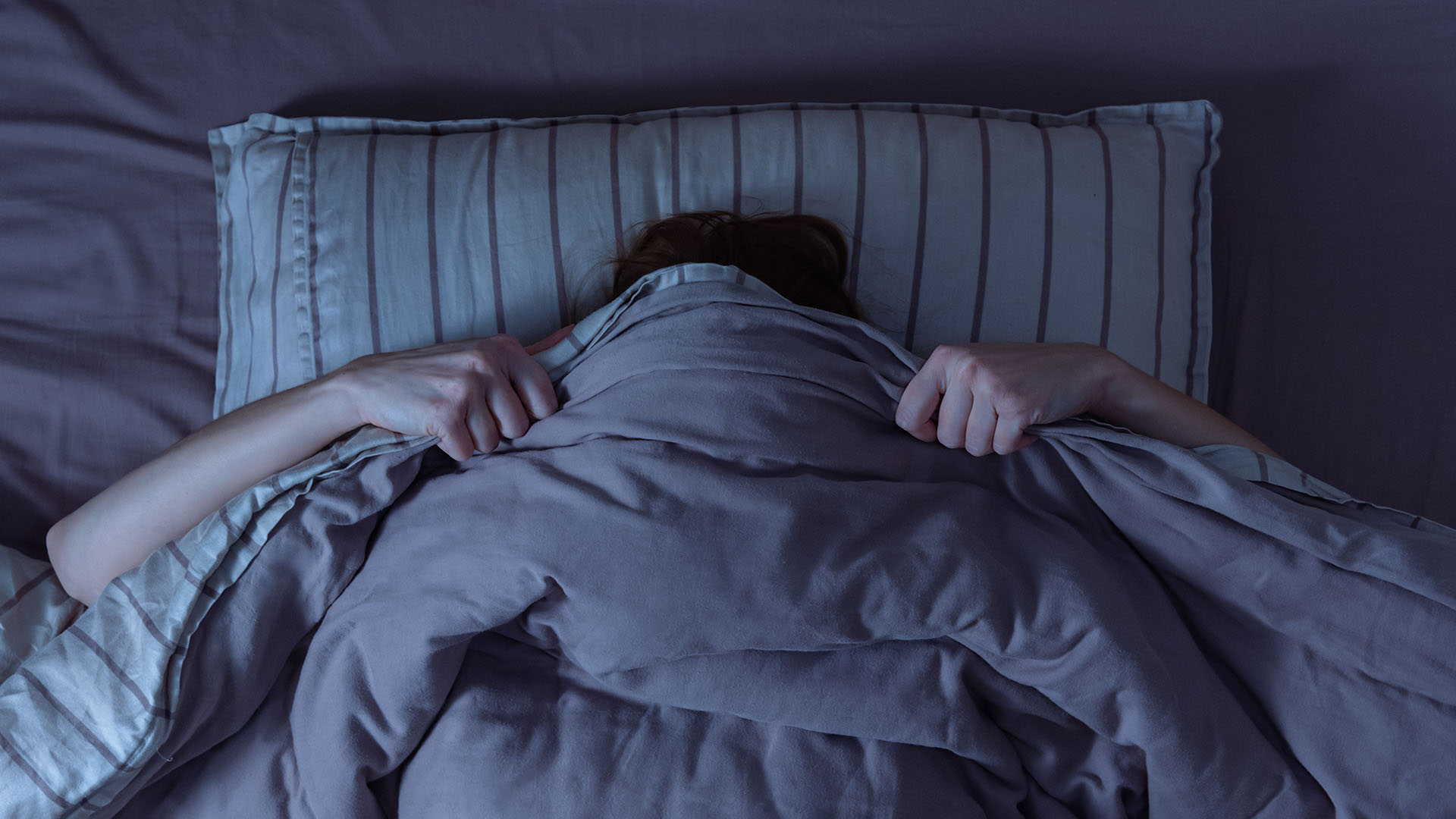
Tryptophan isn’t the only amino acid at play here. Tyramine, which induces the production of noradrenaline (associated with our fight-or-flight response), is also found in certain cheeses (typically those that have been aged).
This could imply that it might stimulate the brain, disrupting our sleep cycles. Alongside this, tyramine also leads to production of dopamine.
"Dopamine is involved in the regulation of the sleep-wake cycle and can influence the brain's ability to process sensory information during sleep," Schnorbach explains. This could therefore impact dream activity.
4. Dairy intolerance
About 36% of Americans are lactose intolerant, and many people won’t realize they have trouble digesting cheese and other dairy products.
The physical symptoms from this can disturb your sleep and cycles. Some believe that the disturbed sleep after eating cheese might be caused by an intolerance to lactose, with the resulting physical symptoms disrupting sleep patterns.
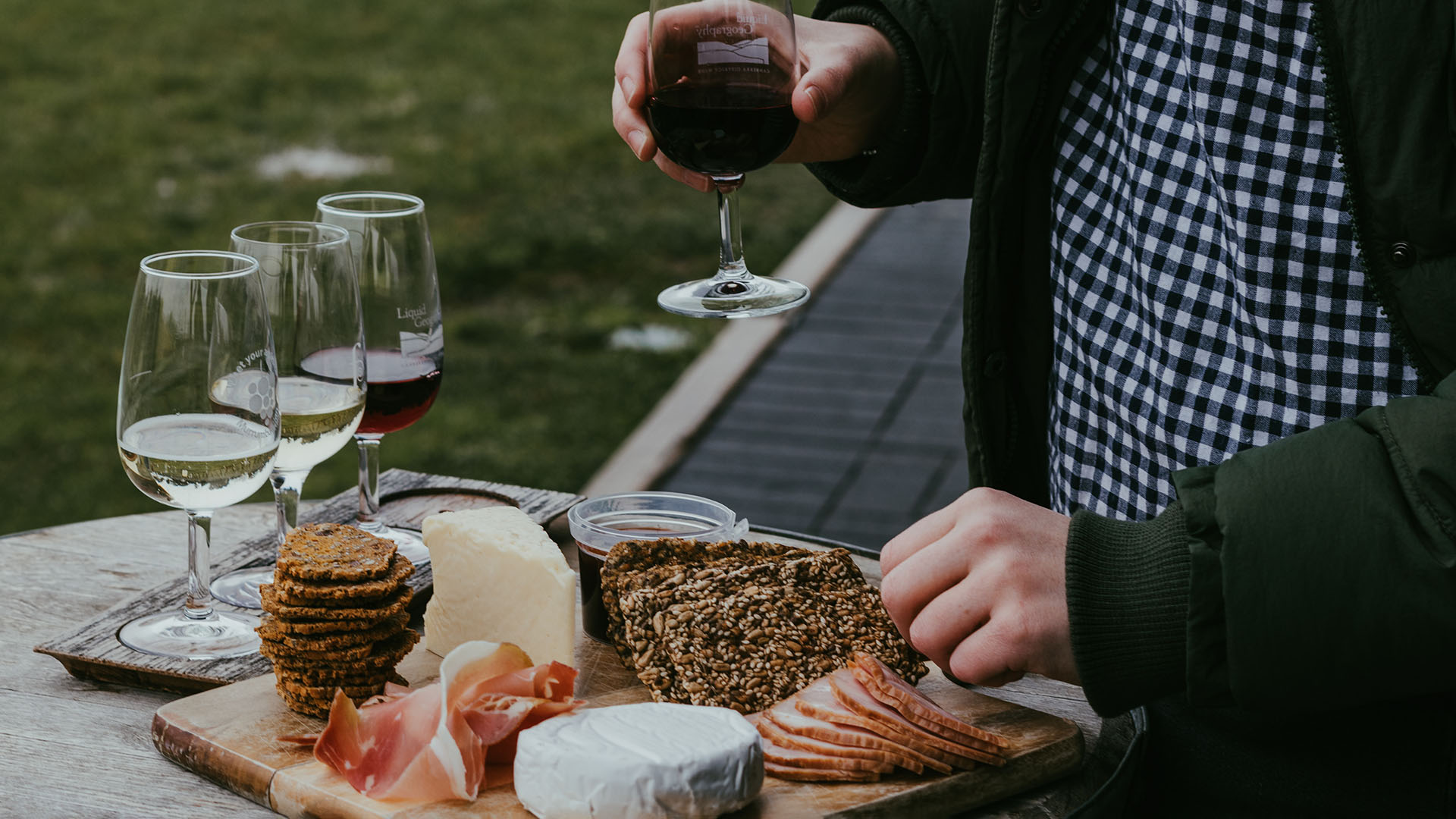
It's explored in this study, where subjects reported the most disturbing dreams after eating dairy. "It's entirely possible that [reports of cheese causing disturbing dreams] were due to people having lactose intolerances," study author, Tore Nielsen, told the BBC.
"It's likely an indirect effect in that lactose produces symptoms like gas, bloating and diarrhoea and influences dreams, as dreams draw on somatic sources like this,” he explained.
Disturbed sleep can also mean you're waking up more in the night, which might make you more likely to remember your dreams. In turn, this could create the impression that those dreams are more vivid.
5. Food coma
While you might find it easy to slip into sleep after a big meal, sleeping directly after a meal isn’t good for our health.
"[Food comas] can actually be harmful to our health; impacting digestion, lowering blood pressure, causing issues such as heartburn and indigestion, and even leading to gastroesophageal reflux disease (GERD)," Schnorbach explains.
Even if you drop off easily after your cheese binge, Schnorbach warns that you're unlikely to have a refreshing, good quality sleep.
